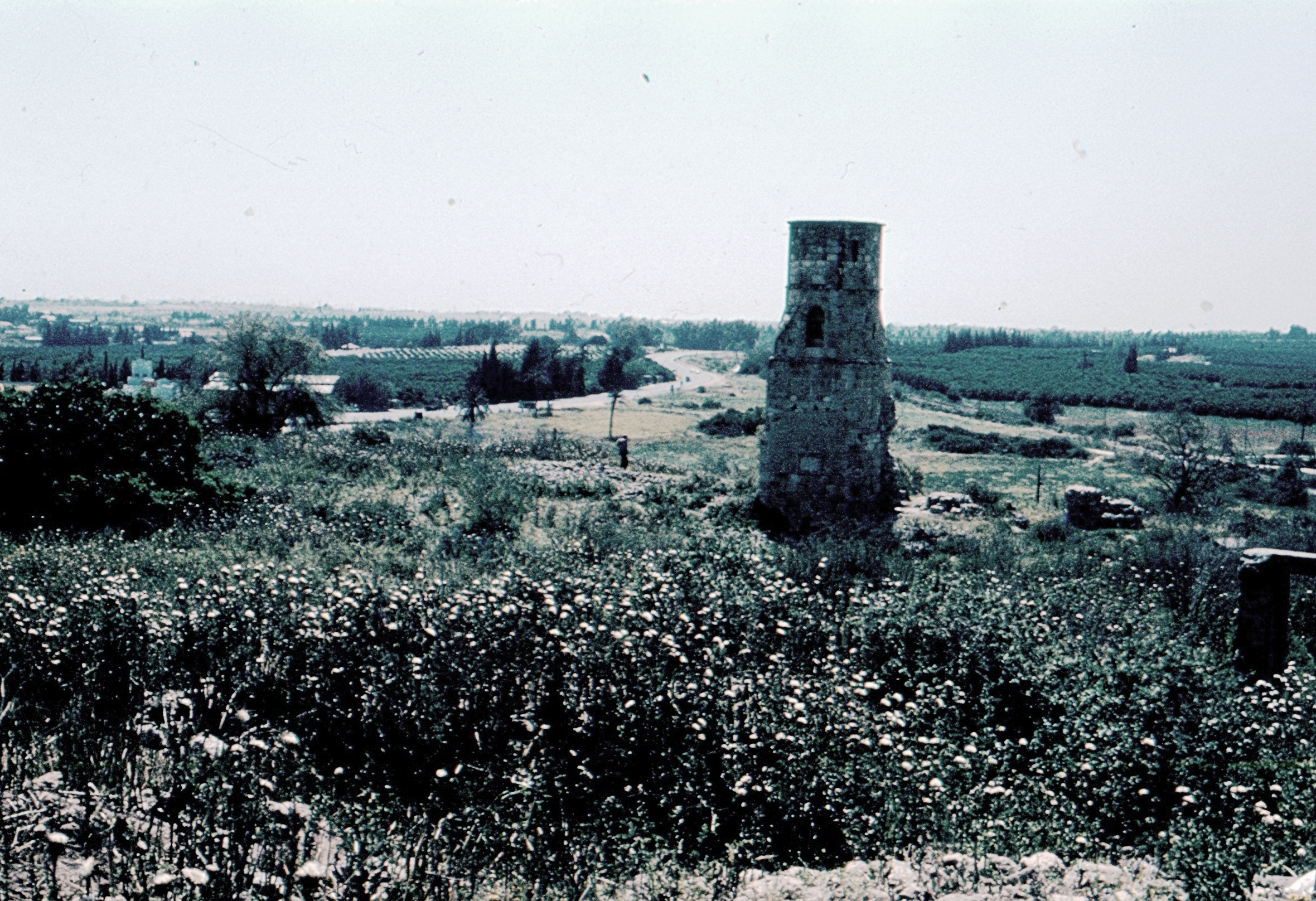|
Yubna
Yibna ( ar, يبنى; ''Jabneh'' or ''Jabneel'' in Biblical times; ''Jamnia'' in Roman times; '' Ibelin'' to the Crusaders), or Tel Yavne is an archaeological site and depopulated Palestinian town. The ruins are located immediately southeast of the modern Israeli city of Yavne. The town had a population of 5,420 in 1948, located 15 kilometers southwest of Ramla.Khalidi, 1992, p.421 Yibna was taken by Israeli forces on 4 June 1948, and was depopulated during the military assault and expulsion. It is a significant site for post-biblical Jewish history, as it was the location of the Council of Jamnia, considered the birthplace of modern Rabbinic Judaism. It is also significant in the history of the Crusades, as the location of the House of Ibelin. Name In many English translations of the Bible, it is known as Yavne or Jabneh . During Greco-Roman times, it was known as Jamnia ( grc, Ἰαμνία ''Iamníā''; la, Iamnia); to the Crusaders as Ibelin; and before 1948, as Yibna ( a ... [...More Info...] [...Related Items...] OR: [Wikipedia] [Google] [Baidu] |
Mandatory Palestine
Mandatory Palestine ( ar, فلسطين الانتدابية '; he, פָּלֶשְׂתִּינָה (א״י) ', where "E.Y." indicates ''’Eretz Yiśrā’ēl'', the Land of Israel) was a geopolitical entity established between 1920 and 1948 in the region of Palestine under the terms of the League of Nations Mandate for Palestine. During the First World War (1914–1918), an Arab uprising against Ottoman rule and the British Empire's Egyptian Expeditionary Force under General Edmund Allenby drove the Ottoman Turks out of the Levant during the Sinai and Palestine Campaign. The United Kingdom had agreed in the McMahon–Hussein Correspondence that it would honour Arab independence if the Arabs revolted against the Ottoman Turks, but the two sides had different interpretations of this agreement, and in the end, the United Kingdom and France divided the area under the Sykes–Picot Agreementan act of betrayal in the eyes of the Arabs. Further complicating the issue was t ... [...More Info...] [...Related Items...] OR: [Wikipedia] [Google] [Baidu] |
Council Of Jamnia
The Council of Jamnia (presumably Yavneh in the Holy Land) was a council purportedly held late in the 1st century CE to finalize the canon of the Hebrew Bible. It has also been hypothesized to be the occasion when the Jewish authorities decided to exclude believers in Jesus as the Messiah from synagogue attendance, as referenced by interpretations of in the New Testament. The writing of the Birkat haMinim benediction is attributed to Shmuel ha-Katan at the supposed Council of Jamnia. The theory of a council of Jamnia that finalized the canon, first proposed by Heinrich Graetz in 1871, was popular for much of the 20th century. However, it was increasingly questioned from the 1960s onward, and the theory has been largely discredited. Background The Talmud relates that some time before the destruction of the Second Temple in 70 AD, Rabbi Yohanan ben Zakkai relocated to the city of Yavneh, where he received permission from the Romans to found a school of ''halakha'' (Jewish reli ... [...More Info...] [...Related Items...] OR: [Wikipedia] [Google] [Baidu] |
